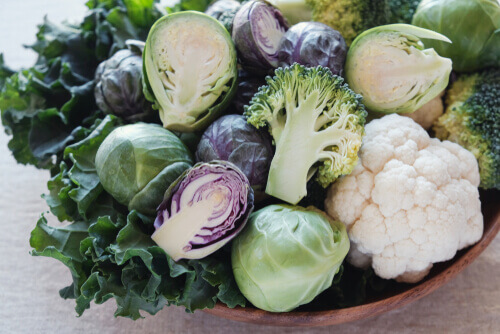
Our skin, sinew, tendons, cartilage, bones, and teeth contain collagen, the most abundant protein in our body. Collagen proteins account for 75-percent of the mass of your skin, and 30-percent of your total body weight. Collagen consists of long protein fibers that provide strength to your skin and elasticity. This invaluable protein helps repair the skin and helps to keep it hydrated.
When your body produces enough collagen, you’ll notice that your skin has a glow and feels soft. However, as we age, our collagen synthesis declines, and we begin to see the signs of aging appear on our skin. Wrinkles, skin folds and a loss of elasticity are common symptoms of waning levels of collagen in the body.
However, it’s possible to boost levels of this protein naturally, using food and moisturizing compounds found in skin creams and lotions. Here are eight expert tips to naturally increase collagen production, give them a try and note your results after 3-weeks of home-based collagen therapy.
1. A Balanced Diet
Does your diet include a few servings of leafy green vegetables every day? Spinach, kale, broccoli, and peppers contain large amounts of collagen-boosting vitamins and minerals. We recommend that you cook your leafy greens before eating them. Cruciferous veggies can make you feel bloated if you eat them in their raw form, so – it’s best to leave the raw kale out of your morning smoothie.
Oysters are one of the most sustainable seafood choices available, and they’re rich in zinc and copper, the minerals that activate and enhance collagen production. Add some lemon juice to the oysters to supercharge the body’s ability to synthesize collagen.
Collagen is a protein made up of chains of amino acids. Add an amino acid supplement to your nutrition plan to increase the amount of raw material your body has to work with when synthesizing collagen. Eating meat is another means of getting the amino acids your body needs to boost collagen production.


